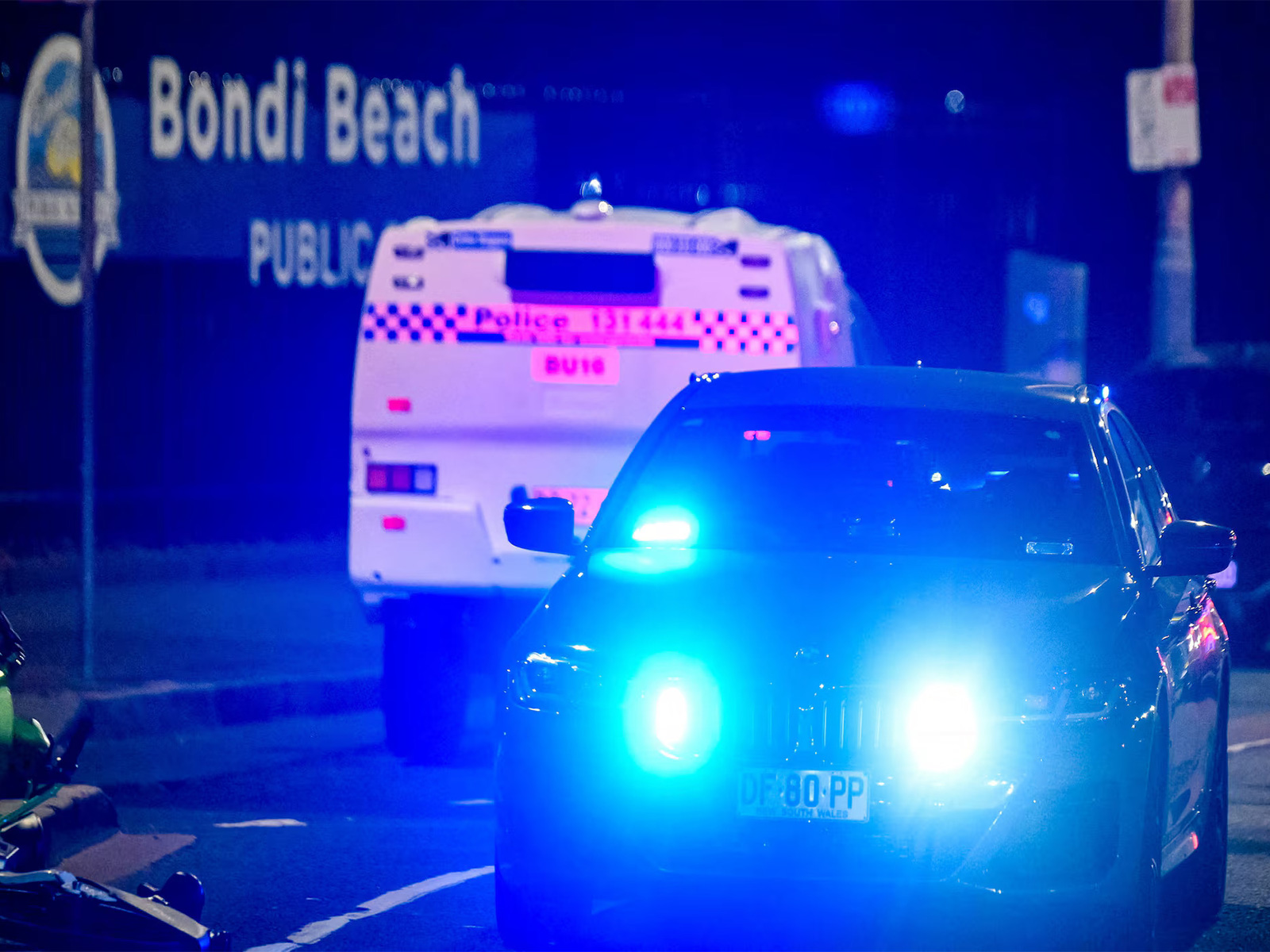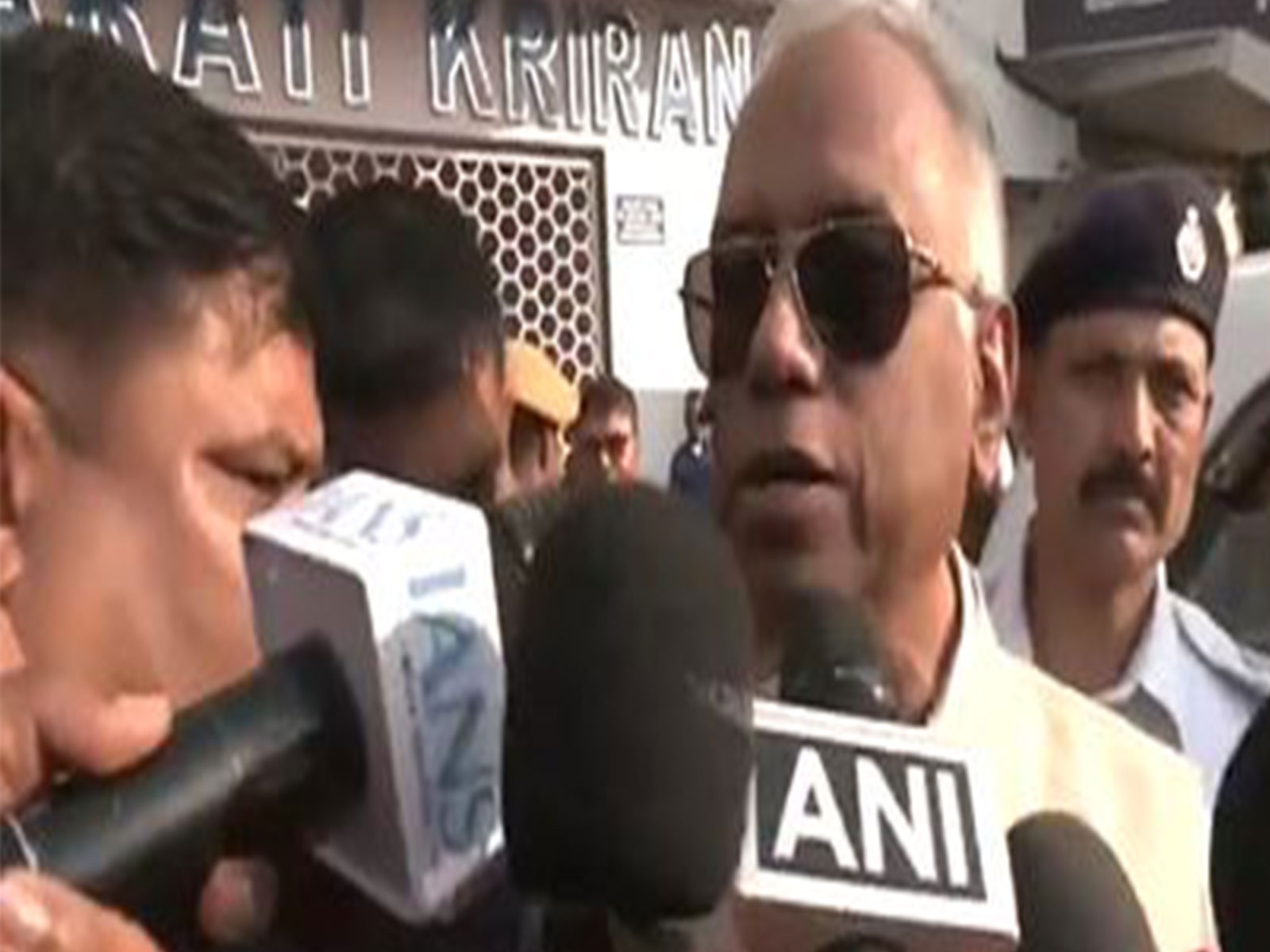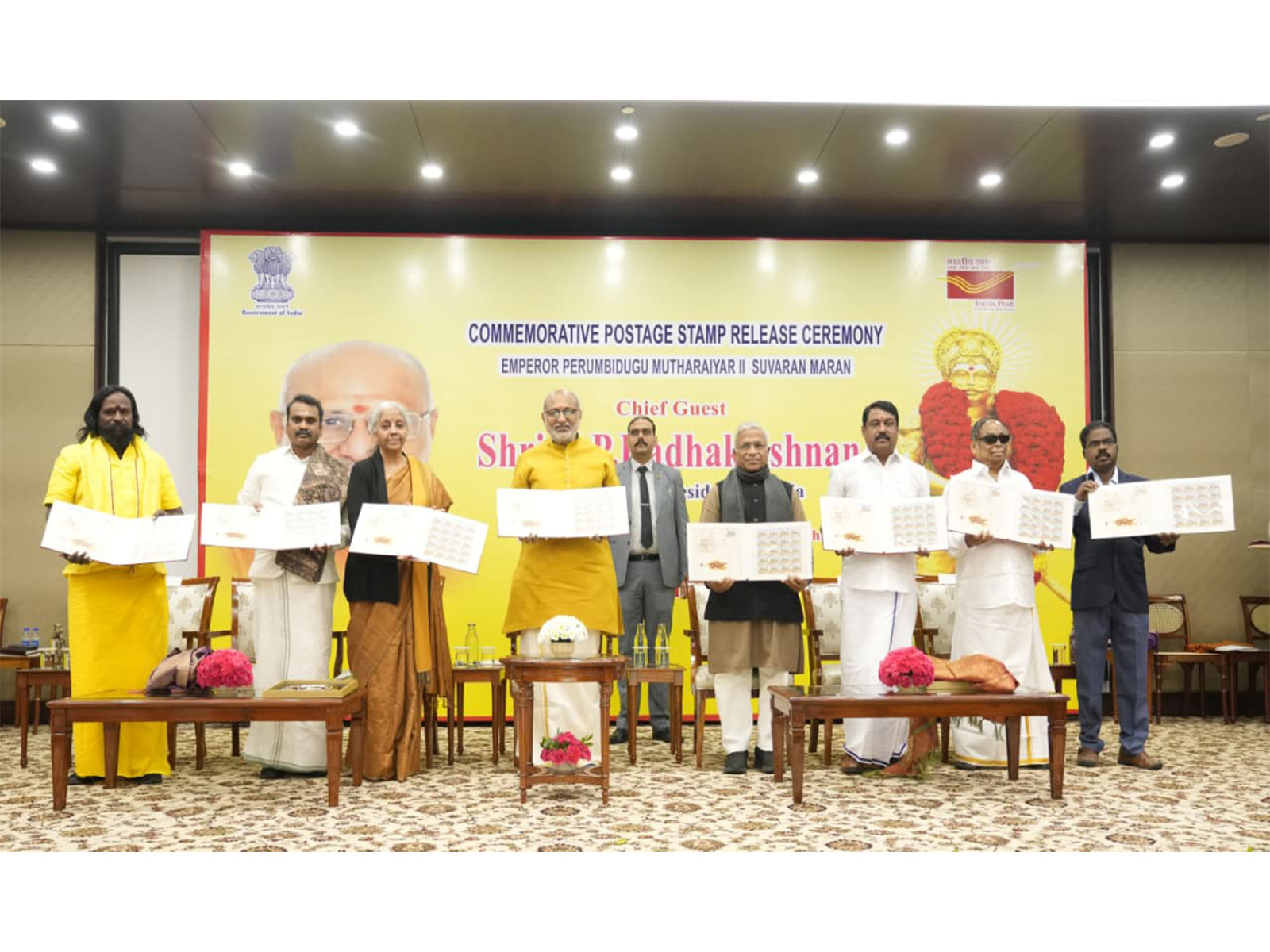Navigating Karachi's misguided priorities: Report
Apr 28, 2024

Karachi [Pakistan], April 29 : As the new fiscal year unfolds in Sindh, particularly in Karachi, a unique political landscape emerges. With one political party governing both the province and the city, some hold onto hope that Karachi's trajectory will shift, given the alignment across all levels of government, Dawn reported.
Optimists anticipate increased budget allocations, aiming to address the city's longstanding issues. However, the challenges facing Karachi extend beyond mere budgetary allocations for development projects.
A comprehensive examination is warranted, focusing on three key areas: non-democratic decision-making processes, the deterioration of municipal service delivery capabilities, and an excessive reliance on project-based development initiatives. The allocation of budgetary sums alone cannot rectify Karachi's multifaceted problems. Over the past two decades, the city has received substantial project funding. Yet, many of these projects have failed to deliver meaningful benefits to the masses they purported to serve. Karachi's residents have often found themselves at the mercy of development decisions that were made without due consideration for their welfare.
Consider the case of the Lyari Expressway, a transportation project initiated two decades ago. Despite significant delays and cost escalations, the project was eventually completed. However, its implementation wreaked havoc on the lives of hundreds of thousands of people, displacing them to accommodate a relatively small number of vehicle operators.
The project's execution was marred by non-transparent practices and technical inadequacies, prompting investigation by federal entities. The exorbitant expenditure of over PKR 23 billion on the expressway and an additional PKR 10 billion on resettling evicted residents highlight a staggering misallocation of resources, as reported by Dawn.
Sadly, the lessons from such ventures remain unlearned. The recent launch of the Malir Expressway, with a price tag of PKR 39 billion, echoes the same flawed approach. Despite its hefty cost, this project offers little to improve the daily commute of ordinary Karachi residents. Instead, it primarily serves to enhance connectivity for large-scale private real estate developments. Meanwhile, essential needs of the common commuter, such as upgrading public transportation options, are overlooked.
Rather than prioritising grandiose infrastructure projects, Karachi's development agenda should focus on initiatives that directly benefit its residents. Upgrading public transportation, regulating services, and improving operational efficiency can be achieved at a fraction of the cost of expressways, according to Dawn.
Furthermore, Karachi grapples with a decline in urban service delivery, particularly in sanitation. The Sindh administration's acquisition of solid waste management responsibilities, circumventing local bodies, has led to inefficiencies in waste disposal. Despite the presence of the Sindh Solid Waste Management Board (SSWMB), concerns persist regarding poor maintenance practices and inadequate service delivery. Additionally, the proliferation of private healthcare facilities has exacerbated the issue, generating hazardous hospital waste.
While substantial funds are allocated to various projects, including the Karachi Water and Sanitation Improvement Programme (KWSSIP) and Bus Rapid Transit (BRT) initiatives, their impact on the daily lives of Karachi residents remains limited. High-spending projects often fail to provide meaningful relief to service users, Dawn reported.



















